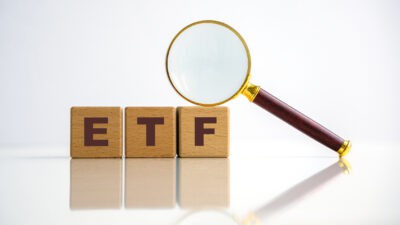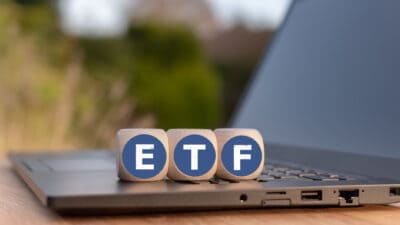Would you like to trade in $10,000 and receive $100,000 in return? It's a moot question, but can it really be done with ASX 200 shares?
Well, the question shouldn't be 'can'. It should be 'how long will it take?'
Shares are growth assets. Sure, they are volatile, but there has never been a period in the history of the ASX (which has roots that predate Federation, mind you) when the Australian share market has never failed to eclipse a previous all-time high.
Shares go up over time; they always have. That doesn't mean there won't be a few wobbles or crashes along the way. But markets rise far further and more often than they fall.
So how long would an investor have to wait for $10,000 to become $100,000?
Turn $10,000 into $100,000 with ASX 200 shares
Well, it depends on a few things. First, the rate of return. Some ASX shares will give better returns than others of course. So for this exercise, we'll use an index exchange-traded fund (ETF) that covers the entire market. That way, we can get an average return for ASX 200 shares.
The oldest ASX 200 ETF on the share market is the SPDR S&P/ASX 200 Fund (ASX: STW), so what better candidate to use? Since its inception in 2001, the SPDR ASX 200 ETF has returned an average of 7.94% per annum, assuming dividends are reinvested. See its share price history below:
So if an investor put $10,000 into shares generating a 7.94% annual return, it would take approximately 29.5 years for that $10,000 to grow 10 times to $100,000.
ETFs are usually 'maintenance-free', bottom drawer types of investments, so the only thing this investment requires is time. But near-30 years is a long time to wait.
So what if our investor added an extra $100 per month?
Why then it would only take 19.5 years to reach our $100,000. After 30 years, our lucky investor would have more than $250,000 to their name.
If we upped our monthly contributions to $200 a month, we would cut our time to hit $100k down to 15 years. $500 a month would reduce it again to just under 10 years.
Such is the power of compound interest.









